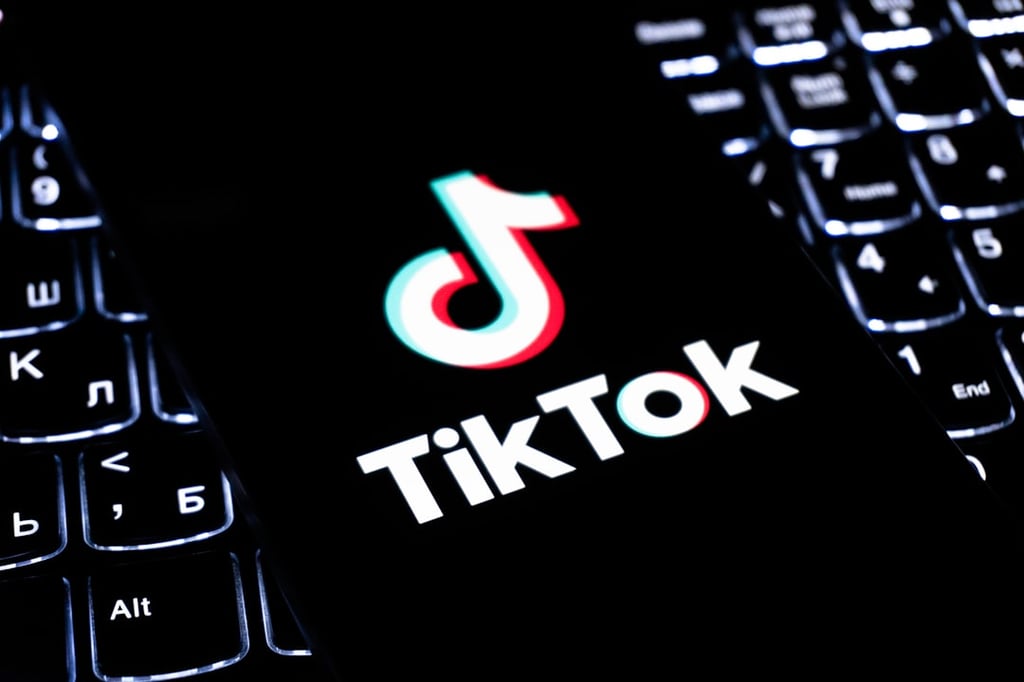Datamation content and product recommendations are
editorially independent. We may make money when you click on links
to our partners.
Learn More
![]()
SAN FRANCISCO (Reuters) – Intel Corp said on Wednesday it no longer expects netbooks to appeal to first-time computer buyers, but sees continued sales of the ultra-portable laptops as a secondary machine or a durable option for kids.
“I don’t think first-time buyers are going to buy netbooks,” Sean Maloney, Intel’s general manager of sales and marketing, said at a media event organized by the company. “The first time you buy something you want the real deal. It’s consistent not just in China, but all around the world.”
“If you’re going to spend your hard-earned money for the first time, you’re going to put a computer in your house,” he said.
Maloney said he doesn’t see that trend changing any time soon.
Netbooks, so far, have sold most frequently to people who already own one or two PCs, Maloney said, but added that 7- to 11-year-old children are still a “massive underserved demographic.”
Intel, the world’s largest chipmaker, has cornered the fast-growing market for inexpensive netbooks, made for simple functions such as surfing the Web, with its “Atom” processors.
Earlier this month the company said second-quarter revenue for Atom processors and chipsets spiked 65 percent from the first quarter to $362 million.
Sales of chips for laptops rose 16.7 percent in the second quarter.
Atom-based netbooks have been wildly popular among consumers and analysts have questioned whether the small, laptop PCs will cannibalize sales of more expensive, full-function laptops.
Intel has said earlier it aimed to introduce new people to computing through its low-cost netbooks, particularly in emerging markets, as well as drive sales to people looking for a second machine.
Maloney said netbooks, which the company launched in late 2007 with Taiwan’s Asustek, are now “well established” in global markets.
“There is a new category established. That category is, to an extent, maturing,” he said. “It is not so much in the early phases.”
NON-U.S. MARKETS
In wide-ranging remarks, Maloney said that while the U.S. economy is still in recession, some of the company’s overseas markets, such as India and Brazil, were improving.
“If you are dependent on the U.S. consumer, or U.S. business alone, obviously you are in one box,” he said. “If you are global, you’re in another.”
“There are a number of countries, Brazil included, that actually seem to be coming back pretty quickly,” he said.
Overseas markets account for 80 percent of Intel’s overall business.
“We exist in a series of microclimates in which the U.S., inevitably, demographically, is increasingly less important,” Maloney said.
Intel earlier this month blew past Street forecasts in its second-quarter earnings. Chief Financial Officer Stacy Smith told Reuters he saw strength in consumer PC sales, Asia Pacific, and China.
Copyright 2009 Reuters. Click for restrictions.
-
Ethics and Artificial Intelligence: Driving Greater Equality
FEATURE | By James Maguire,
December 16, 2020
-
AI vs. Machine Learning vs. Deep Learning
FEATURE | By Cynthia Harvey,
December 11, 2020
-
Huawei’s AI Update: Things Are Moving Faster Than We Think
FEATURE | By Rob Enderle,
December 04, 2020
-
Keeping Machine Learning Algorithms Honest in the ‘Ethics-First’ Era
ARTIFICIAL INTELLIGENCE | By Guest Author,
November 18, 2020
-
Key Trends in Chatbots and RPA
FEATURE | By Guest Author,
November 10, 2020
-
Top 10 AIOps Companies
FEATURE | By Samuel Greengard,
November 05, 2020
-
What is Text Analysis?
ARTIFICIAL INTELLIGENCE | By Guest Author,
November 02, 2020
-
How Intel’s Work With Autonomous Cars Could Redefine General Purpose AI
ARTIFICIAL INTELLIGENCE | By Rob Enderle,
October 29, 2020
-
Dell Technologies World: Weaving Together Human And Machine Interaction For AI And Robotics
ARTIFICIAL INTELLIGENCE | By Rob Enderle,
October 23, 2020
-
The Super Moderator, or How IBM Project Debater Could Save Social Media
FEATURE | By Rob Enderle,
October 16, 2020
-
Top 10 Chatbot Platforms
FEATURE | By Cynthia Harvey,
October 07, 2020
-
Finding a Career Path in AI
ARTIFICIAL INTELLIGENCE | By Guest Author,
October 05, 2020
-
CIOs Discuss the Promise of AI and Data Science
FEATURE | By Guest Author,
September 25, 2020
-
Microsoft Is Building An AI Product That Could Predict The Future
FEATURE | By Rob Enderle,
September 25, 2020
-
Top 10 Machine Learning Companies 2021
FEATURE | By Cynthia Harvey,
September 22, 2020
-
NVIDIA and ARM: Massively Changing The AI Landscape
ARTIFICIAL INTELLIGENCE | By Rob Enderle,
September 18, 2020
-
Continuous Intelligence: Expert Discussion [Video and Podcast]
ARTIFICIAL INTELLIGENCE | By James Maguire,
September 14, 2020
-
Artificial Intelligence: Governance and Ethics [Video]
ARTIFICIAL INTELLIGENCE | By James Maguire,
September 13, 2020
-
IBM Watson At The US Open: Showcasing The Power Of A Mature Enterprise-Class AI
FEATURE | By Rob Enderle,
September 11, 2020
-
Artificial Intelligence: Perception vs. Reality
FEATURE | By James Maguire,
September 09, 2020
SEE ALL
ARTICLES







